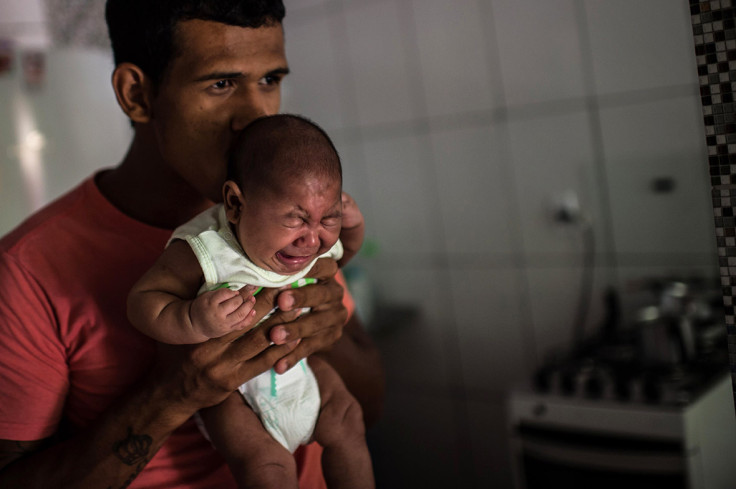Zika virus: US and Brazilian governments team up in effort to develop vaccine

The US and Brazilian governments have said that scientists will share resources and knowledge in an effort to find a vaccine for the Zika virus, which currently has no specialist treatment. The virus is rapidly spreading throughout the Americas with 100,000 believed to have been exposed to the virus in Brazil and at least 12 cases confirmed in the US.
In total, 11 countries in the Americas have reported cases of the virus which has caused a surge in babies born with microcephaly – abnormally small heads – and brain defects after their mothers were bitten by mosquitos. Worryingly, some of those infected do not develop symptoms of Zika, making the virus harder to track.
What is Zika virus?
- Zika virus is a virus carried by mosquitos.
- Only 1-in-5 people infected with Zika virus develop symptoms.
- Zika virus is believed to remain in the bloodstream for up to a week.
- The incubation period – the time between being infected and developing symptoms – is not known.
- Symptoms include:
- Fevers
- Rashes
- Joint and muscle pains
- Conjunctivitis (red eyes)
- Headaches
- People infected with Zika rarely need hospitalisation or die. However, it is linked to serious birth defects.
Currently, the only advice issued by health bodies is to avoid mosquito bites, as there is no specific treatment available to counter the virus. Scientists have said that it may take years to develop a readily available vaccine, and the US has warned its citizens about travelling to Zika virus risk areas.
Brazil has been hit the hardest by Zika, with 270 confirmed cases of microcephaly and 3,448 suspected cases reported since October 2015, up from 147 in 2014. Brazil and the US are already working together to develop a vaccine against dengue fever, which is especially prevalent in Brazil.
On Friday, US President Barack Obama and his Brazilian counterpart Dilma Rousseff agreed to an important collaboration effort to combat the mosquito-borne virus. A statement from the White House said: "The leaders agreed on the importance of collaborative efforts to deepen our knowledge, advance research, and accelerate work to develop better vaccines and other technologies to control the virus."
Rousseff's office said a high-level bilateral group between Brazil's Butantan Institute of biomedical research and the US National Institutes of Health would "develop a partnership in the production of vaccines and therapeutics". Previously, Brazil's first-ever female President said: "We are going to show that the Brazilian people are capable of winning this war."
This followed her own health minister saying that they were "losing the war against Aedes aegypti", the mosquito that carries the virus. Brazil has also increased spending on testing kits, with 500,000 on order, whilst sending health workers onto the streets ahead of the famous carnivals held throughout the country.
© Copyright IBTimes 2025. All rights reserved.






















